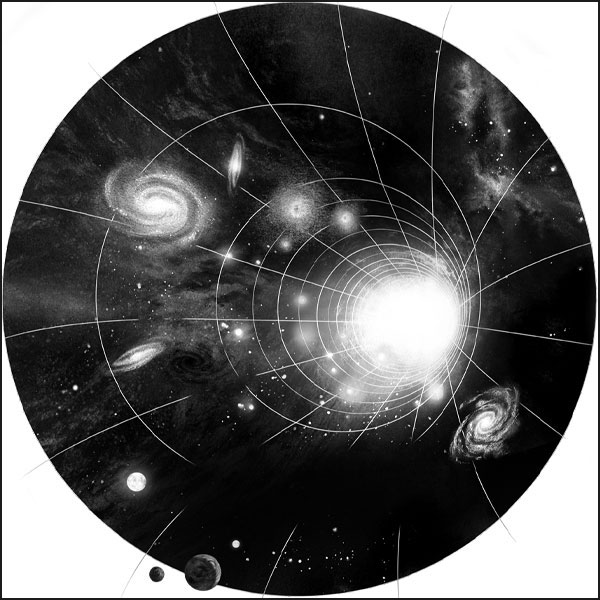Anorexics might lack the appetite trigger
Anorexics have little desire to eat. This might be because of a lack of endogenous cannabinoids. Researchers at the University of Fribourg are hoping to find a new therapeutic approach.

Not enough anandamide? A lack of this endogenous cannabinoid might be one reason for anorexia. | Image: Keystone/laif/Annette Schreyer
After smoking a joint, they say, you’re really hungry. The reason for this is the cannabinoid THC, which cannabis contains. But there are substances already in the body that are similar to THC and that bind to the same receptors in the brain and help to control our appetite. A small-scale study at the Zurich University Hospital and the University of Fribourg has now demonstrated that anorexics, who have no appetite, lack one of these endogenous cannabinoids.
The researchers studied 15 anorexic patients and discovered that their blood contained less anandamide than that of healthy patients – that’s one of the cannabinoids found naturally in humans. Nor did this change when the test subjects had already ceased eating restrictively some time before, and had increased their weight considerably. “Even though we were only able to carry out our study with just a few subjects, our findings were truly striking”, says Gabriella Milos, the head doctor at the Centre for Eating Disorders at the Zurich University Hospital.
Milos and her team were unable to investigate further to see whether this lack of anandamide is the cause of the illness, or a symptom of it. It also remains unclear whether its concentration in the blood is a true reflection of the activity in the brain.
However, it is undisputed today, says Milos, that anorexia has both genetic and metabolic causes. “Anorexia is not just a kind of hunger strike. There are changes in the metabolism, and this is perhaps where a therapy might be able to intervene”. The first author of the study, Mayron Piccolo, a clinical psychologist at the University of Fribourg, would now like to investigate further: “We have to check how medication based on cannabinoids might influence the eating behaviour of patients with anorexia”.




